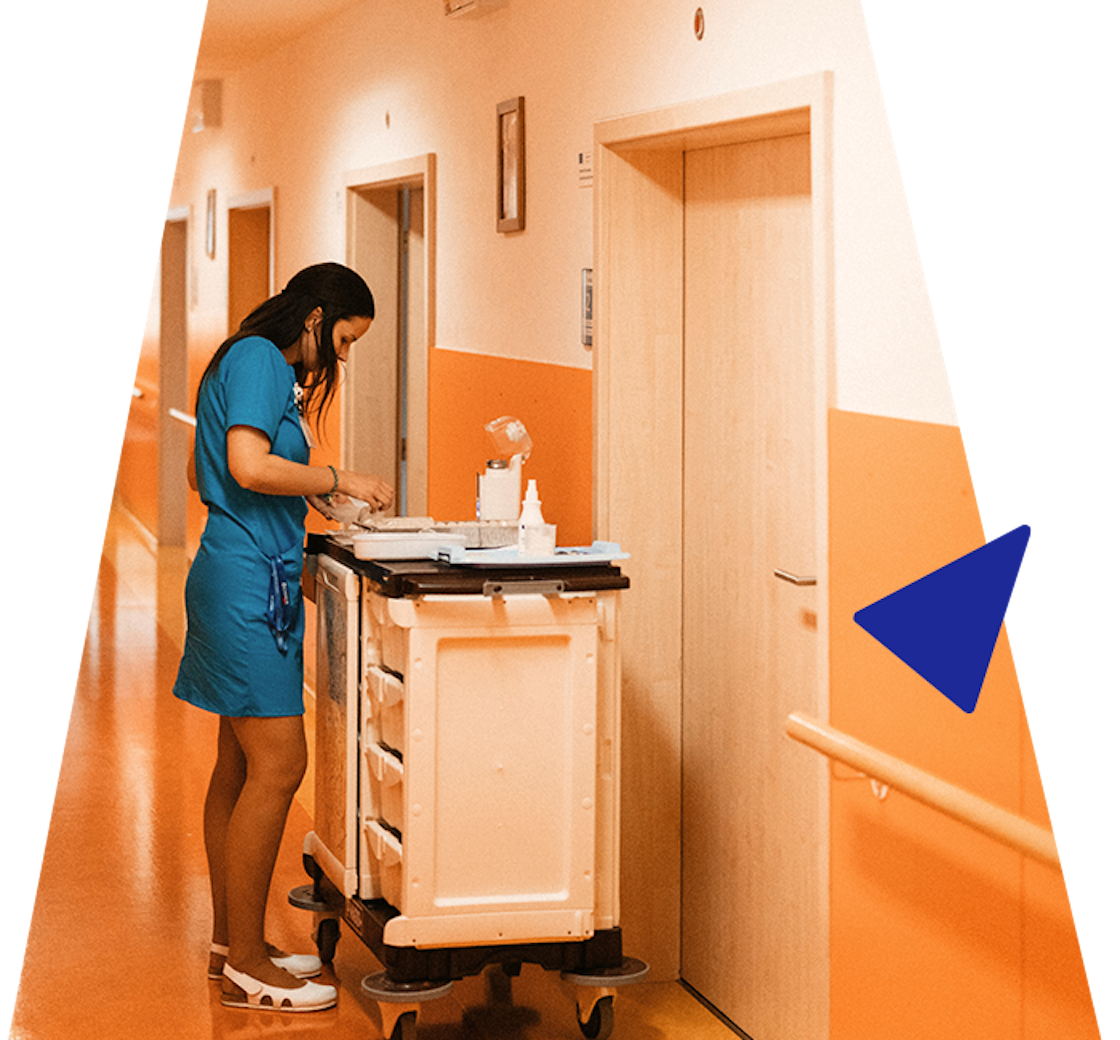
It’s easy to believe you’re struggling alone with mental health challenges when you’re freelancing or self-employed. Despite progress in reducing any stigma associated with mental wellbeing, and more openness from UK freelancers about their own challenges, there’s still a long way to go. So, we’ve compiled general and UK freelance mental health statistics to show how many people are battling the same issues you might face.
By realising how common mental health challenges are across the self-employed and freelancing industries, hopefully it will encourage you to find help and support. Acknowledging and understanding your mental wellbeing can not only help your freelance career, but also your life and relationships outside of work.
UK Mental Health Statistics


1 in four people
1 in four people will experience a mental health problem of some kind each year in England. (Mind)

1 in six people
1 in six people report a common mental health issue, such as anxiety or depression in any given week in England. (Mind)

12.7%
In 2015, mental health issues were the third biggest cause of sick leave, at 12.7% of all sick days taken in the UK. (MHF)

7.8%
7.8% of the British population meeting the diagnosis criteria for mixed anxiety and depression. (MHF)

3 times more likely...
Those working in the creative sector are 3 times more likely to experience mental health issues. (Inspire)
The coronavirus pandemic has contributed to deterioration in mental health and wellbeing across the UK population (Gov.uk), which has been reflected in the freelance and self-employed sectors. (IPSE)

UK Freelance Mental Health Statistics


2017
For 2017, 3.6% of male UK freelancers and 6.7% of female self-employed workers reported mental health problems. (ONS)
The most commonly diagnosed mental illnesses in the creative sector are Anxiety and Depression. (Inspire)
Almost one in ten freelancers didn’t take any days off in the previous 12 months, and 14% took less than five days. 24% felt unable to take time off when feeling sick or unwell. (IPSE)

Coronavirus and UK Freelance Mental Health


1 in 5
1 in 5 freelancers and self-employed professionals worried they would have to close their business during the coronavirus pandemic. (IPSE)

32%
32% reported high stress levels during the pandemic. (IPSE)

29%
29% reported low job satisfaction during the pandemic. (IPSE)

From 68% to 39%
Coronavirus saw freelancers rating their mental health as good or excellent drop from 68% to 39%. (IPSE)

From 6% to 26%
The number of freelancers experiencing poor or very poor mental health rose from 6% to 26%. (IPSE)

Looking for more guidelines?
Whether you’re running your own business on a full or part-time basis, any changes to the UK tax system can have a major impact on your livelihood, so stay up-to-...
A drop in income is often a major worry for expectant parents, especially if you’re self-employed. Understanding what you can claim, and preparing as early as pos...
Feeling overwhelmed by self-employment chaos? Discover time management tips that boost freedom, reduce stress, and help you reclaim control of your work-life bala...





